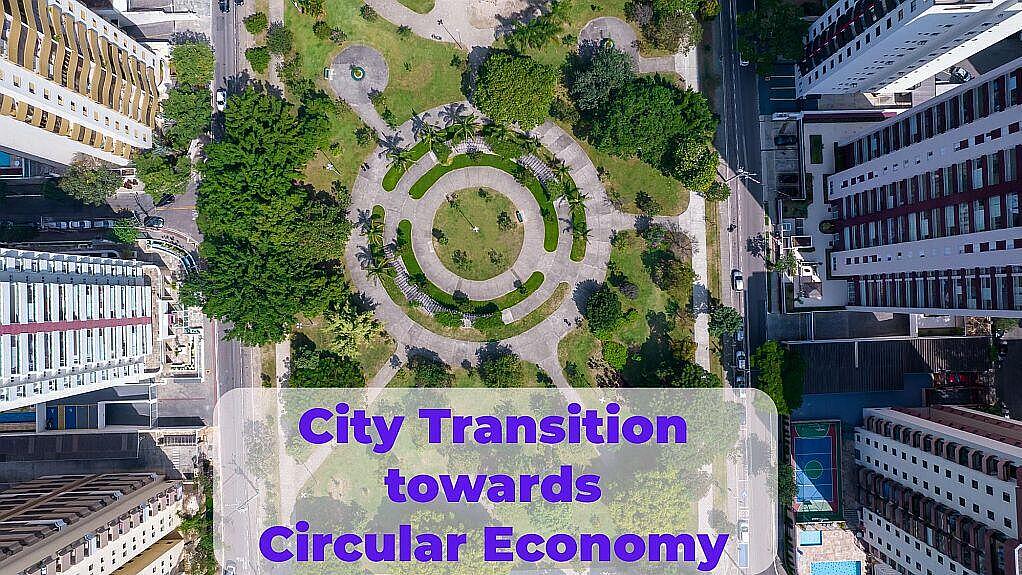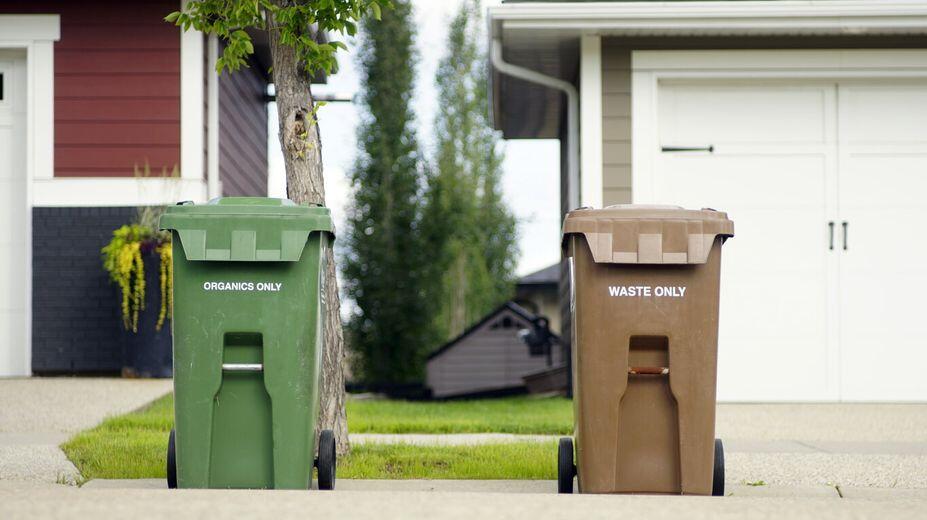 Digitalisation
DigitalisationResearch and Development Funding: IT services to help municipalities transition towards Circular Economy
Summary
European cities, regional and national organisations have to transition towards Circular Economy. Only 10% of the cities have advanced on circular transition, as it is particularly complex. Municipalities and local businesses across Europe are facing four interlinked challenges.
Cities and the local economy require support to operationalise the growing body of CE knowledge.
The CircularPSP project and consortium believes that curated Artificial Intelligence using NLP and taxonomies within a platform solution is able to support ten thousand of European municipal staff and by extension local businesses.
Upcoming news items will describe the challenges in more detail.
Open full article
Research and Development Funding: IT services to help municipalities transition towards Circular Economy
Eight cities will invest €5.64 million in an Research and Development innovation procurement to solve the operational, information and organisational challenge to transition towards Circular Economy (CE). Europe's leading CE-cities invite IT (platforms, AI) and CE experts to co-develop an innovative commercial service.
European cities, regional and national organisations have to transition towards Circular Economy to become more green, sustainable and resilient. The transition is particularly complex on municipal level. A local economy focused on circularity will help achieve climate neutrality by 2050 and meet 2030 SGD goals, as well as ensuring long term competitiveness of European businesses. However, only 10% of the cities have advanced on circular transition, as it is particularly complex, and cities need ICT support to help structure their action and enable them to learn from their peers. Cities and the local economy require support to operationalise the growing body of CE knowledge.
Municipalities and local businesses across Europe are facing four interlinked challenges:
- Organisation: Cities are eager to move faster towards CE transition but need to improve organisational performance. A few large cities run specialised teams to promote CE but are reaching capacity limits to reach all departments and staff; other cities do not have the resources to build up a specialised team.
- Information: Cities and Business require support in accessing, understanding and applying the growing body of highly distributed and often unorganised knowledge on CE transition which is often not available in their native language. Fundamentally, the Circular Economy is lacking a common language and classifications (i.e., CE Taxonomy) hindering not only the use of data but also the exchange between stakeholders.
- Operation: All staff at the municipality must be enabled to act more circular. This requires a new mindset, new knowledge and often a new network. Beginning circular targets in the procurement department wastes fundamental circularity gains from applying basis strategies during concept, design and planning. The circular mindset needs to be implemented from the very beginning.
- Training: Transitions require staff to learn new concepts and methods which different focus depending on their task. To achieve impact and satisfaction training needs to be personal and intricately linked to the problem staff is currently facing rather than presenting theory with non-obvious added value.
The CircularPSP project and consortium believes that curated Artificial Intelligence using NLP and taxonomies within a platform solution is able to support ten thousand of European municipal staff and by extension local businesses.
CircularPSP is conducting an Open Market Consultation to introduce the common challenge and our approach. Please watch the International OMC in English on 22nd of June. Upcoming news items will describe the challenges in more detail.
The cities seeking the platform are leading European cities Berlin, Helsinki, Istanbul, Sandyford, Guimaraes, Networks of Cities/Regions Slovenia/Sweden and London. Leading research organisations RISE, Tages and empirica support the project.
For more information visit our website, or follow Newsletter, twitter, LinkedIn or Mastadon.



